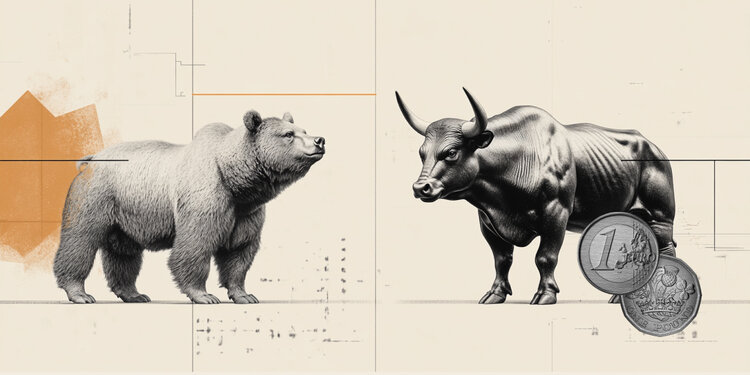Have you ever wondered when the first kiss between humans took place? For experts at the universities of Copenhagen, Denmark, and Oxford, UK, this is a scientific question.
A new study, published in the journal Science, points out that kissing was part of people’s lives 4,500 years ago in the Middle East. In the article, researchers Troels Pank Arbøll and Sophie Lund Rasmussen, draw on a range of written sources from early Mesopotamian societies.
“In ancient Mesopotamia, which is the name of the first human cultures that existed between the Euphrates and Tigris rivers in present-day Iraq and Syria, people wrote in cuneiform on clay tablets. Many thousands of these clay tablets have survived to this day and contain clear examples that kissing was considered part of romantic intimacy in ancient times, just as kissing could be part of friendships and family relationships,” says Arbøll, a specialist in the history of medicine in Mesopotamia, in a statement.
The expert argues that kissing should not be considered a custom that originated exclusively in a single region and spread from there. According to him, the act seems to have been practiced in several ancient cultures over several millennia.
different kisses
In the research, two types of kiss are differentiated: the friendly-parental kiss and the romantic-sexual kiss. While the friendly parental kiss appears to be ubiquitous among humans across time and geography, romantic-sexual kissing is not culturally universal and is dominant in stratified societies.
Research suggests that romantic-sexual kissing evolved with the aim of assessing aspects of a potential partner’s suitability through chemical cues communicated in saliva or breath, mediating feelings of attachment between peer-bonded individuals and facilitating sexual arousal and, therefore, sexual intercourse.
Kissing is also attested in other animal species, such as mouth-to-mouth kissing with a romantic-sexual purpose in bonobos (Pan paniscus) and the platonic kiss to manage social relationships in chimpanzees (Pan troglodytes). These two species are the closest living relatives of humans, and their kissing practices may suggest the presence and evolution of this behavior in human ancestors.
“In fact, research on bonobos and chimpanzees, the closest living relatives of humans, has shown that both species kiss, which may suggest that kissing is a fundamental behavior in humans, explaining why it can be found in different cultures,” says Sophie.
disease transmission
In addition to evaluating the importance of kissing on social and sexual behavior in antiquity, the researchers are also studying the potential of the practice in the transmission of disease-causing microorganisms.
Experts cast doubt on the hypothesis that kissing was a trigger behind the spread of the herpes simplex virus 1. “There is a substantial corpus of Mesopotamian medical texts, some of which mention a disease with symptoms reminiscent of the herpes simplex virus 1”, points out Arbøll.
However, the scientist points out that ancient medical texts were influenced by a variety of cultural and religious concepts.
“It is interesting to note some similarities between the disease known as buʾshanu in ancient Mesopotamian medical texts and the symptoms caused by herpes simplex infections. Bu’shanu disease was mostly located in or around the mouth and throat, and the symptoms included blisters in or around the mouth, which is one of the dominant signs of herpes infection,” he details.
The researchers argue that future results emerging from ancient DNA research, inevitably leading to discussions about complex historical developments and social interactions – such as kissing as an early transmission factor for disease – will benefit from an interdisciplinary approach.
“If the practice of kissing was widespread and well established in several ancient societies, the effects of kissing in terms of transmission of pathogens would probably have been more or less constant”, says Sophie.
Source: CNN Brasil
Charles Grill is a tech-savvy writer with over 3 years of experience in the field. He writes on a variety of technology-related topics and has a strong focus on the latest advancements in the industry. He is connected with several online news websites and is currently contributing to a technology-focused platform.







